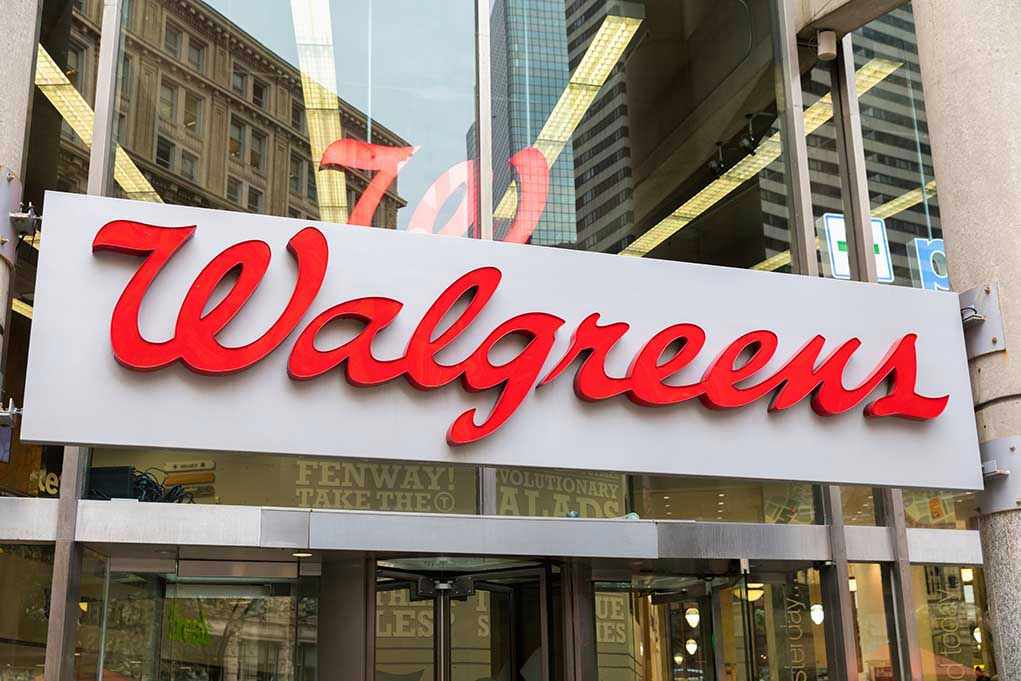
Walgreens abandons its $6 billion healthcare gamble, putting hundreds of VillageMD clinics up for sale in a stunning corporate retreat that leaves patients and communities scrambling for primary care access.
Story Overview
- Walgreens invested over $6 billion in VillageMD between 2020-2021, only to seek complete divestiture by 2025
- New private equity owner Sycamore Partners is accelerating the sale of hundreds of primary care clinics
- Estimated sale value plummeted from Walgreens’ $3.4 billion expectation to analyst projections of just $1 billion
- Up to 160 clinics already closed, disrupting care for thousands of patients in underserved communities
Corporate Healthcare Experiment Collapses
Walgreens’ primary care venture represents one of corporate America’s most spectacular healthcare failures. The pharmacy giant invested $1 billion in VillageMD in 2020, followed by an additional $5.2 billion in 2021 to become majority owner. This ambitious strategy aimed to transform Walgreens from a traditional pharmacy into an integrated healthcare provider, capitalizing on value-based care trends and community health needs.
The partnership initially showed promise, with plans to operate over 600 co-located clinics inside Walgreens stores nationwide. However, slower-than-expected patient growth, operational inefficiencies, and Medicare reimbursement changes quickly undermined the business model. By 2023, warning signs emerged as Walgreens announced closure of 60 underperforming clinics across five markets.
Private Equity Drives Strategic Reversal
Sycamore Partners’ acquisition of Walgreens in 2025 accelerated the healthcare exit strategy. The private equity firm, known for streamlining operations and maximizing asset values, immediately prioritized divesting non-core businesses. VillageMD, along with related entities Summit Health and CityMD, became prime targets for sale as Sycamore sought to reduce Walgreens’ $9 billion debt burden and opioid-related liabilities.
Georgetown University analyst Sandeep Dahiya estimates VillageMD’s actual market value at approximately $1 billion, far below Walgreens’ optimistic $3.4 billion projection. This valuation gap reflects broader skepticism about retail-healthcare integration models, particularly given regulatory complexities and the operational challenges of scaling primary care services within pharmacy settings.
Community Impact and Healthcare Access Concerns
The VillageMD divestiture directly threatens healthcare access in communities that relied on these clinics for primary care services. Many affected locations serve underserved populations who face limited transportation options and few alternative providers. Healthcare workers at these facilities confront job uncertainty while patients must navigate care transitions during an already strained primary care shortage.
This corporate retreat signals broader industry caution about retail-healthcare ventures. Similar initiatives by CVS, Walmart, and Amazon have encountered comparable operational hurdles, suggesting fundamental challenges in merging retail operations with complex healthcare delivery requirements. The failure undermines conservative principles of market-driven healthcare solutions while potentially increasing government pressure for expanded public healthcare programs.
Sources:
Fierce Healthcare – Walgreens Exploring Options for VillageMD Business
VillageMD Press Release – $5.2 Billion Investment Announcement
American Hospital Association – Walgreens Private Acquisition Analysis
Walgreens Boots Alliance – Sycamore Partners Acquisition Agreement




